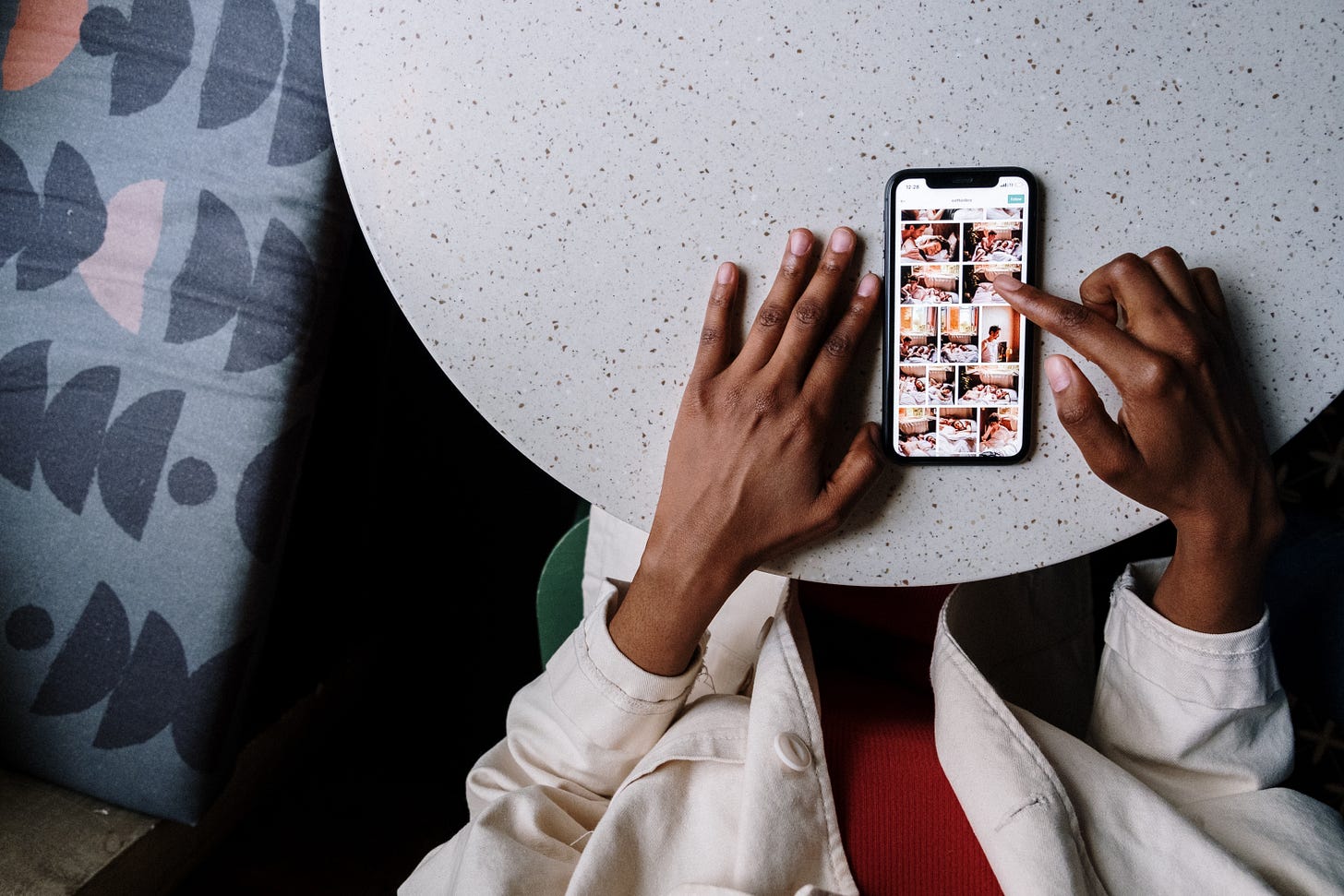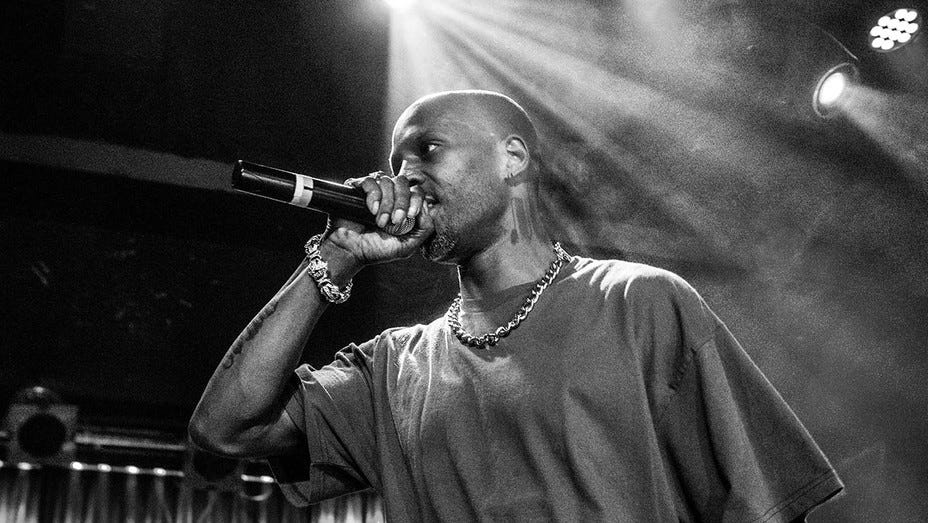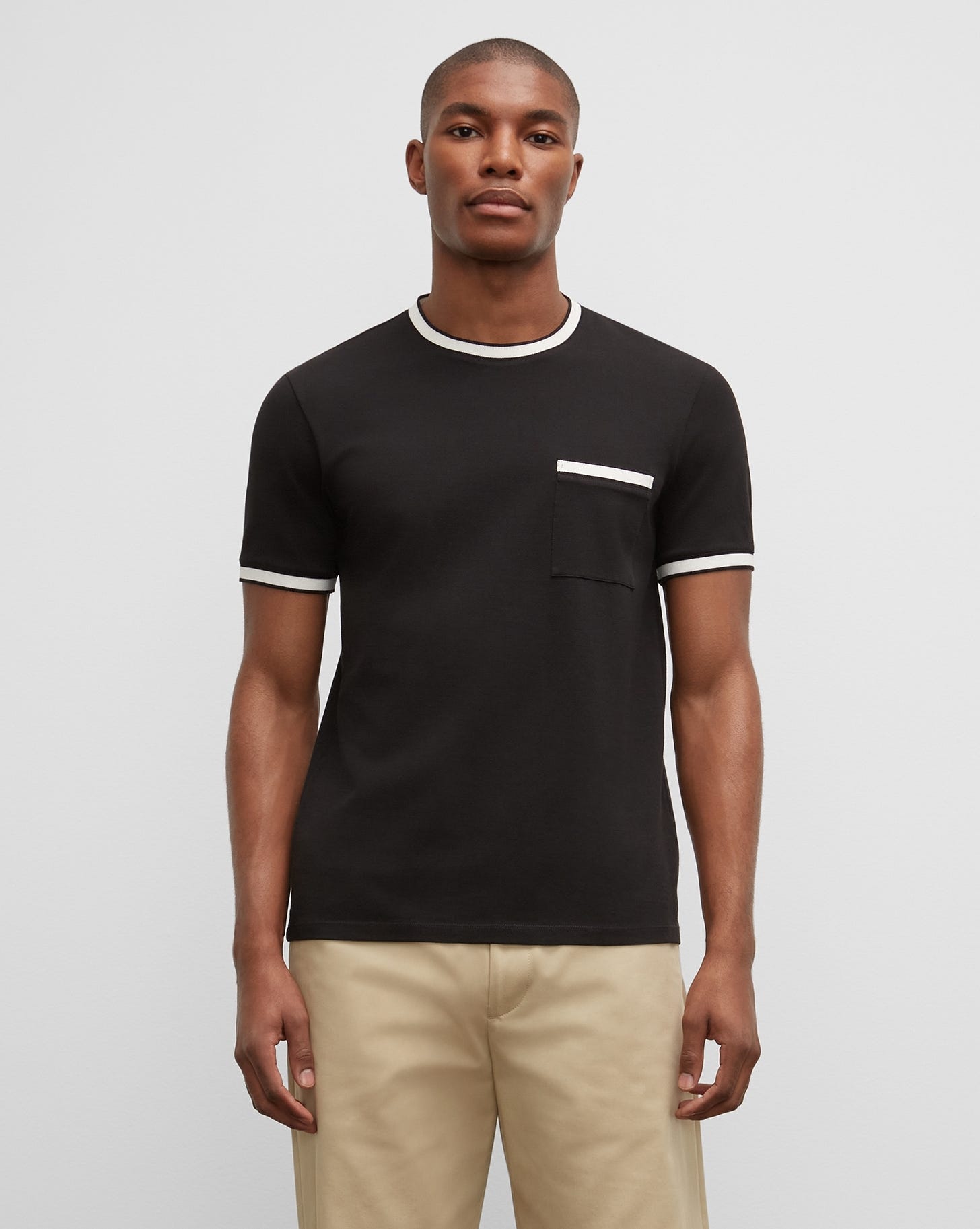Instagram announces new money-making tools for creators
Plus: The photo- and video-sharing app also posted an update on its equity work and the T-shirt I’ll be adding to my already-robust collection.
In an Instagram Live broadcast yesterday, Facebook CEO Mark Zuckerberg and head of Instagram Adam Mosseri announced several new features coming to Instagram to enable creators to better support themselves through their work.
The first is a marketplace that would facilitate brand partnerships by pairing up creators with advertisers who want to reach their followers. “Branded content is the economic engine behind the creator ecosystem. Matchmaking is something we can add a lot of value for,” Mosseri said. “We should be able to help brands find creators that are uniquely aligned with the work they’re trying to do and vice versa.” Instagram is home to a thriving community of influencers who broker their own brand deals and are unlikely to benefit from the Facebook-owned photo app inserting itself into the mix. But this marketplace could lower the barrier to entry for emerging influencers who are unsure how to formalize these relationships and monetize their creativity.
Zuckerberg also teased the launch of creator shops, which would allow creators to sell their products to their followers directly through their profiles on the app. Personally, I’ll always err against doing business on channels that restrict creators from owning their relationship with their fans — no matter how convenient tech companies make the process.
Finally, Zuckerberg announced creators would soon be able to collect a commission on sales of products they recommend on their profiles. “People look to creators for recommendations about what’s good, especially in the places that they’re experts on,” he said.
The executives didn’t announce a timetable for these features. A Facebook spokesperson declined to comment when asked for a timetable, adding that the plans Zuckerberg and Mosseri shared are in the “very early” stages.
Instagram shares an equity update
In the aftermath of the protests against police violence and systemic racism last summer, Instagram established an equity team to dig deeper into the specific concerns raised by Black people on the app and to build solutions that make them feel more supported. Earlier this week, Instagram shared an update on its work.
It launched the Equitable Product Program, an internal program to help employees who build new products and technologies factor equity in at every step of their work. The initiative has worked with the Feed and Stories, Reels and Creator teams and will expand to all Instagram teams over the next year and a half.
In the same time frame, Instagram will broaden the use of Machine Learning Model Cards, which is a checklist that works similar to a questionnaire to reduce the ramifications of algorithmic bias. The goal of these cards to resolve any unintended impacts on marginalized communities before it launches new technology.
Research showed that people want more transparency into how Instagram’s systems work and content decisions are made. In the upcoming months, the app will introduce more tools to help users understand any restrictions on their account or if their reach is being limited and the actions they can take to remediate. It will also provide direct in-app communication to inform people of the issues that may be impacting their content.
Instagram will also roll out new features focused on economic empowerment for Black creators, including tools to help people discover and share Black-owned businesses and protect them from online abuse and harassment.
Read the entire equity update on Instagram’s blog.
In The Know
— Culture
Issa Rae signed The Read’s Kid Fury and Crissle to a first-of-its-kind record deal. The project, which is scheduled to release this summer, “will pair original commentary from the dynamic duo on historic pop culture moments alongside original music from today’s most prolific artists.”
Actress Gabrielle Union announced the upcoming release of her new memoir, You Got Anything Stronger? The book, a follow-up to her first memoir We're Going to Need More Wine, drops on September 14 and will explore themes including surrogacy, racism in the entertainment industry and equality and accountability.
The LVMH Prize for Young Fashion Designers announced its 9 finalists for the 2021. The list includes Bianca Saunders, Charles de Vilmorin, Christopher John Rogers, Conner Ives, KidSuper’s Colm Dillane, Kika Vargas, Lukhanyo Mdingi, Nensi Dojaka, and Rui’s Rui Zhou.
— Coronavirus
ICYMI: The Centers for Disease Control and Prevention released new mask guidance for people fully vaccinated against the coronavirus. If it's been at least two weeks since receiving the second dose of the Pfizer or Moderna vaccine or the single-dose Johnson & Johnson vaccine, you can safely do many outdoor activities — like exercising and attending small gatherings — without wearing a mask.
Pfizer CEO Albert Bourla says that an oral drug for COVID-19 could be ready next year. The company began an early-stage clinical trial late last month of the oral drug, which blocks protease, an enzyme the virus needs to replicate.
— Politics
The White House introduced the American Families Plan to expand access to education, reduce the cost of child care and support women in the workforce. It includes funding for progressive priorities like universal prekindergarten, a federal paid leave program, affordable child care initiatives, free community college for all, student aid for nonwhite communities and subsidies to expand the Affordable Care Act and reduce poverty.
President Biden will address a joint session of Congress tonight on the eve of his 100th day in office. He's expected to look back at his accomplishments and promote the rest of his agenda before a crowd of about 200 members of Congress due to the pandemic.
The Biden administration is expected to announce a ban on menthol cigarettes. Black health advocates and anti-tobacco groups say that African Americans have been disproportionately harmed by the product.
New York Gov. Andrew Cuomo said his office is exploring possible legal action to protest the state’s loss of a congressional district. According to data released by the US Census Bureau this week, the Empire State fell 89 people short of keeping its 27 districts.
The US Justice Department repealed a T****-era policy that cut off hundreds of millions of dollars in grants to sanctuary cities that limit cooperation with federal immigration authorities. The previous administration required cities, counties and states that received resources from a $250-million program to liaise with US Immigration and Customs Enforcement as a condition of their funding.
— Business
In its latest earnings report, Spotify announced a 16-percent year-over-year increase for the quarter ending on March 31. The Swedish-based company added 11 million monthly active users, to bring it total active user base to 356 million globally and reported a paid subscriber base of 158 million globally, after adding four million subscribers to its premium plan.
Google had an even more massive quarter: Alphabet, Google’s parent company, reported more than $55 billion in first-quarter revenue. More than 60 percent came from its signature products, including search, Gmail and maps.
YouTube, which is owned by Google, generated $6 billion in revenue during the same period. The video app is expected to earn between $29 and 30 billion, putting it on par with Netflix.
— Tech
Google’s released an update to help you plan your post-vaccination vacations. When you search for flights, hotels or things to do, it will show you results for any COVID-19-related travel advisories or restrictions at your destination; you’ll also get details on if quarantine or proof of vaccination is required.
Netflix launched a new feature to help solve your decision fatigue. Play Something is a new viewing mode that chooses something it thinks you’ll be into and starts streaming it with an onscreen graphic briefly explaining why it chose that title.
Microsoft is changing its default Office font next year. The company released five new options to you can try them out before it replaces Calibri, the current default for nearly 15 years, with the winning font.
Read All About It
Sheldon Pearce at The New Yorker on the plight of the middle-aged rapper:
Pop culture is always fixated on youth, but no pop genre has a harder time taking care of its veterans than hip-hop. Artists age out of the limelight quickly, and there aren’t many nostalgia tours that sustain rap’s elder statesmen, as there are in classic rock. Too few rappers seem to be making it to “old age.” Two stars of two very different eras were lost in the past few weeks: the humorist Shock G, who introduced a persona-based one-man show in the early nineteen-nineties, and the tormented tormentor DMX, who returned rap to gritty realism in the late nineties. DMX was fifty; Shock G was fifty-seven.
Mary Retta at The Cut on police and children of color:
Police do not keep children of color safe and all too often are the ones putting them in danger. ... All too frequently, politicians across the aisle weaponize children’s vulnerability to enact more policing. The heavy presence of cops and school resource officers persists at public schools across the country despite a long student-led battle for police-free campuses. This police presence has done nothing to quell the number of school shootings, which has been climbing steadily for years. As of last week, a recent court ruling has made it even easier for minors to be assigned life without parole, a law that will inevitably affect Black and brown youth at disproportionate rates.
Ella Nilsen at Vox on the politics of going big:
The Covid-19 pandemic has made this situation acute. Data shows that womenand workers of color were forced out of the labor market, owing to lower-wage jobs being more likely to be cut during the pandemic, and women being unable to work while also providing at-home school and care for their children.
This makes good policy sense for Biden, but it’s also good political sense. Biden’s base is diverse; his presidential win and Democrats’ surprise wins in Georgia were powered by women and voters of color alike. Appealing to a large base that government policy has left behind for decades is a shrewd political move ahead of the 2022 midterms.
It’s also responding to the current moment. A recent Washington Post-ABC News poll found that 25 percent of women and 27 percent of workers of color said their family’s financial situation is worse off today than it was before March 2020, when pandemic shutdowns went into effect. The survey also found that middle-aged and younger women were impacted more, with 29 percent of women younger than 65 saying they are financially worse off today, compared to 10 percent of women who are 65 and older.
Sam Adler-Bell at The Nation on AOC and the making of millennial politics:
Today, few people would describe AOC as “ordinary.” In the wake of her upset victory over Joe Crowley—a 10-term incumbent expected to succeed Nancy Pelosi as speaker of the House—Ocasio-Cortez rocketed to political stardom. At 29, she became, as David Freedlander puts it in his new book The AOC Generation, an “avatar” for a millennial cohort hungry for change. She transposed Bernie Sanders’s endearingly hoary socialist anthem into a new key. Using her position in Congress and her enormous social media platform, she advocated an unapologetic left-wing agenda—universal health care, free college, a jobs guarantee, a Green New Deal—in a warm and legible idiom animated by her own experiences as a Latina, as a woman, and as a service worker. Gracing the covers of news and fashion magazines alike, she became one of America’s foremost political celebrities, with equal emphasis on both terms.
Rainesford Stauffer at Teen Vogue on the generation wars:
These narratives are usually oversimplified. While some headlines attempt to reduce so-called “generation wars” to phrases like “okay, boomer” and the downfall of skinny jeans, others proclaim that it’s the young people, and the young people only, who are capable of saving the world. But in the midst of the noise, there are also organizers intentionally working across generations to solve problems impacting their communities. As Teen Vogue columnist Mary Retta wrote in a recent piece for Bitch, capitalism and inherently broken, racist systems benefit most from the concept that only one generation can lead. This mentality can tokenize certain age groups, embolden those who aren’t embedded within a community to speak on their behalf, and gloss over the fact that America’s structural crises are harmful to people of all ages — and have been for centuries.
Julie Beck, Amanda Mull and Katherine J. Wu at The Atlantic on the coming conflict between introverts and extroverts:
Now, as vaccination rates go up, the floodgates of social life are poised to reopen. But not everyone will want to use this newfound freedom in the same way. Even before the pandemic, introverts and extroverts disagreed on the optimal size and frequency of gatherings. Post-vaccine life may breed some misunderstandings between the extroverts who want to dive headfirst into a sea of other people and the introverts who are excited to see their friends but don’t want to pack their schedules so full that they have no time to just be.
Michael’s Pick
Club Monaco Short Sleeve Piqué Crewneck Tee ($80): The contrast stripes and breathable pique-knit cotton are the perfect excuses for me to consider adding this black crewneck to my already-robust collection of tees.




